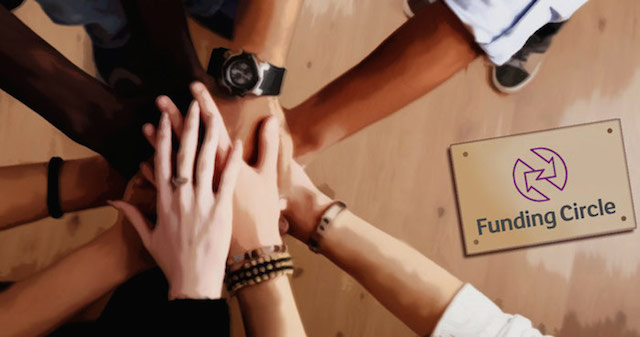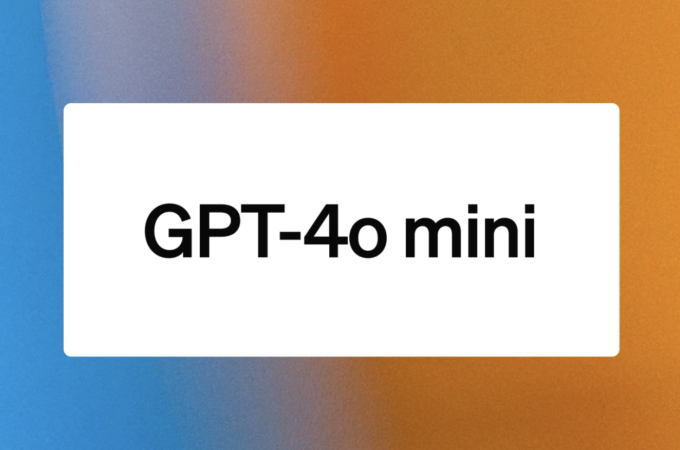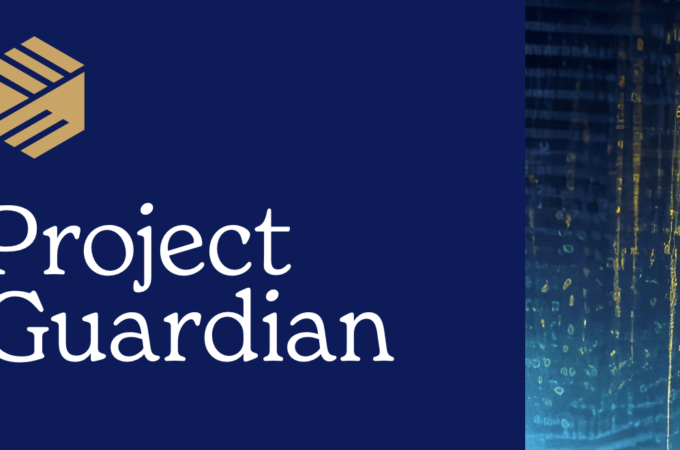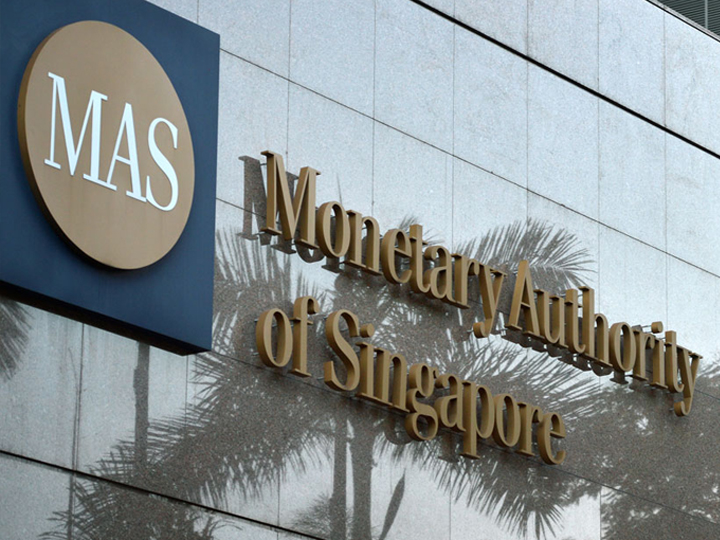
SME Lending: For Developed and Developing
WIRED: Funding Circle, a marketplace for business loans, is one of a growing number of companies working to upturn that trend, and bring an end to the lack of choice beyond the incumbents. The UK firm has leant more than $1.2bn in the past five years to thousands of businesses in UK and US, facilitating $100m of new lending every month. It has achieved this by operating in the same way some of the world’s most successful tech companies have.
“Rather than selling direct to customers, eBay connected up thousands of people across the world to enable them to transact themselves,” says Desai. “It led to better priced goods, and people actually finding what they were looking for.” Uber, Etsy and Airbnb have all seen their popularity (and revenue) rocket by following the same model. “The biggest thing is that a lot of these companies don’t have specific goods — Alibaba, the world’s biggest retailer, has no inventory; Airbnb doesn’t have any hotel rooms; Facebook doesn’t create its own content. These markets connect up thousands of citizens but create nothing beyond their network.” Read the full article
WIRED: The numbers involved in the world’s biggest crowd-lending marketplace Kiva are impressive on their own; total loans have grown from $5 million in 2007 to $200 million in 2011 — and a total of $1 billion is projected to be loaned by 2017. Kiva now has 1.3 million lenders, with $400 invested on average each, and a 98 percent repayment rate by its debtors, 80 percent of whom are women.
As for the crowd-lending market as a whole? Kiva now has at least 1,500 competitors from Kickstarter to Lending Club.
But numbers aside, Julie Hanna, executive chair of the board at Kiva, told WIRED Money 2015 at London’s British Museum that the real value of crowd-lending is found in the human stories: people like Teresa Goines, a former corrections worker from the United States who created supper-club Old Skool Cafe to help young offenders back into work through a crowd-funding network, or Elizabeth Omalla, a widow from Uganda who became one of the very first recipients of a crowd-funded loan in 2005 to transform her business selling fish on a micro scale to the point where she could send her children to school.




